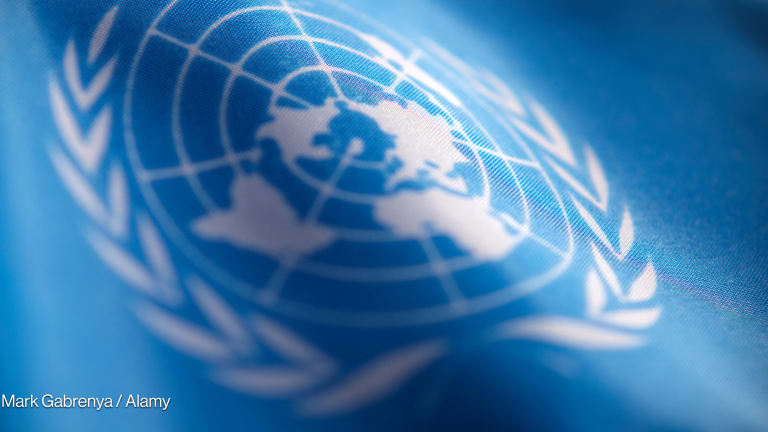The traffic-freezing flurry of U.N. General Assembly speeches, side events, galas and papal sermons overshadowed one particular announcement, which should not have gone unnoticed this week, but mostly did: The United States and China agreed to greater cooperation in their global development programs — or at least to talk about greater cooperation.
In a new “memorandum of understanding,” government departments within the world’s two largest economies outlined initial steps to better align their engagement in the developing world. While no one is under the illusion that a nonbinding MOU will repair a contentious relationship overnight or deliver immediate humanitarian results, some officials and development experts are cautiously optimistic the document could be a first step toward greater openness and discussion at a crucial time when China is transitioning from aid recipient to aid donor.
Devex spoke to a senior U.S. administration official who explained that the impetus behind the new bilateral memorandum is to bring China, as a more participatory actor, into the international development architecture. The occasion of the Sustainable Development Goals underlined the need for partnership; but the official, who wished to remain anonymous to avoid a lengthy clearance process, noted that other international initiatives — the World Humanitarian Summit and the Global Fund to Fight AIDS, Tuberculosis and Malaria, for example — call for China to stand up as a more engaged participant in global development efforts than it has so far.








